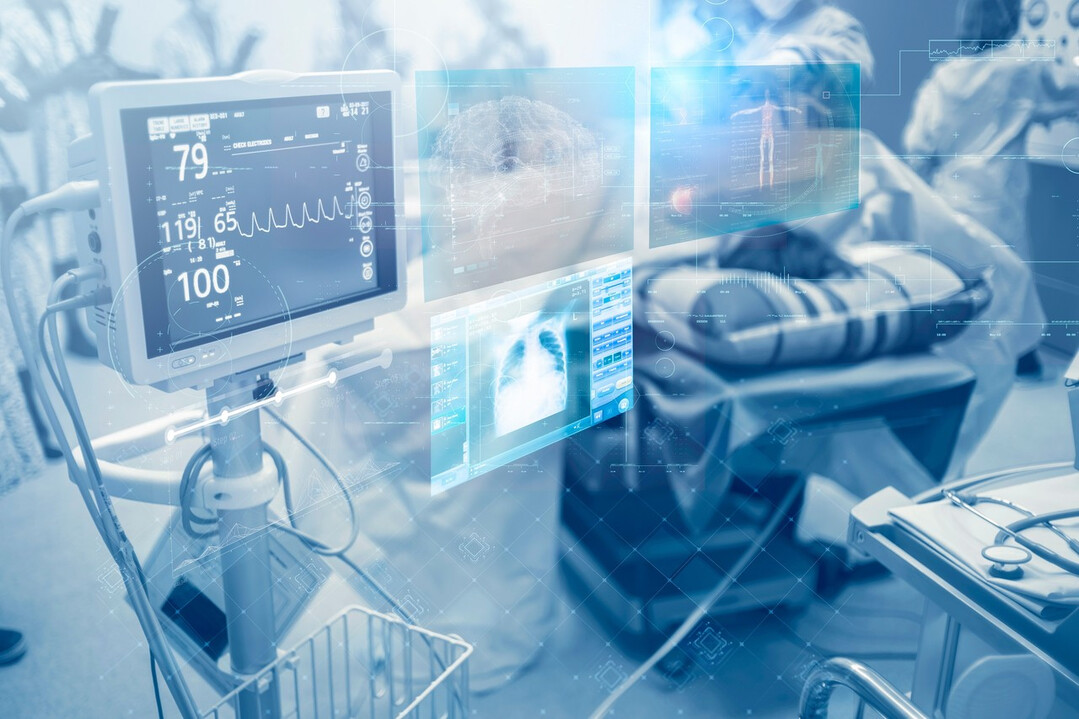
Seoul, South Korea - While digital healthcare is driving significant medical innovation, experts argue that addressing legal issues, including conflicts with existing medical law frameworks, is crucial for its sustainable growth.
Despite the enactment of the 'Digital Medical Product Act' in January 2024, which took effect on January 24, 2025, concerns remain about its compatibility with the current medical legal system. Without resolving these issues, the long-term viability of digital healthcare could be compromised.
In a recent paper titled 'Legal Issues of Digital Medical Devices in the AI Era—Focusing on the Digital Medical Product Act,' published in the Human Rights Law Review by the Center for Public Interest and Human Rights Law at Chonnam National University's Law Research Institute, Dr. Lee Han-joo, a senior researcher at the Korea Medical Law Research Institute, highlighted these challenges.
Dr. Lee stated, "AI-based medical devices and digital therapeutics are playing an increasingly important role in the medical field. However, clear legal regulations are essential to ensure the safety and efficacy of these technologies."
Need for a Legal Framework that Balances Regulation and Public Safety
A primary concern is the potential conflict between the new act and existing medical laws such as the 'Medical Device Act' and the 'Pharmaceutical Affairs Act.' The lack of clarity on how these regulations will harmonize poses a significant challenge.
Experts suggest the need for discussions on how to integrate digital medical devices into existing legal frameworks while minimizing regulatory overlap and ensuring public health and safety.
The rapid advancement of AI technology further complicates matters, as current legal standards may not adequately address emerging issues. Therefore, flexible legal amendments and continuous regulatory refinements are deemed necessary.
Addressing Security and Privacy Concerns
Security and personal information protection are also critical issues in the legalization of digital medical devices.
The increasing use of digital healthcare leads to real-time sharing and analysis of patient data over networks, raising concerns about hacking and data breaches. Robust security measures and personal information protection laws are essential to mitigate these risks.
Dr. Lee emphasized, "While digital medical devices can bridge the gap between medical institutions and patients, we must ensure equitable access to healthcare for all segments of society by addressing potential information disparities."
Harmonization with International Standards
Aligning domestic regulations with international standards is crucial for the global adoption of digital medical devices.
By benchmarking how other countries regulate digital healthcare technologies, South Korea can establish a legal foundation that facilitates the international use of its medical devices.
Government support and clear guidelines are also essential to promote the adoption of digital medical devices in healthcare settings.
The 'Digital Medical Product Act' is expected to enhance the safety and effectiveness of AI-based medical devices and digital therapeutics. However, continuous monitoring and feedback-driven revisions are necessary to build public trust in the digital healthcare environment.
"For digital medical device development to drive medical innovation, legal frameworks must provide adequate support, and close collaboration between the government and the medical community is essential to create a sustainable healthcare environment," concluded Dr. Lee
[Copyright (c) Global Economic Times. All Rights Reserved.]






























